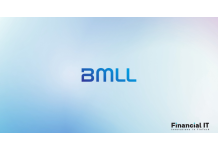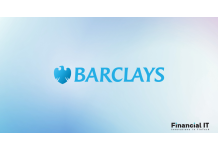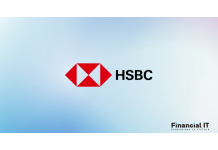Nordic Capital to Acquire BMLL, a Leading Provider of...
- 27.10.2025 10:45 am
Robinhood Launches Futures Trading for UK Customers
- 27.10.2025 09:45 am
The Coupa Network Effect: Saving $14+ Billion Amidst...
- 23.10.2025 11:35 am
Tradu Launches Expanded Integration With TradingView
- 22.10.2025 11:15 am
Trading Technologies Wins Best AI Solution for Trade...
- 16.10.2025 08:45 am
CGI Partners With Barclays To Integrate Multi-Bank...
- 01.10.2025 10:05 am
Finastra Showcases Nexus Integration Solution To...
- 30.09.2025 08:25 am
HSBC Asset Management Launches Trade And Working...
- 29.09.2025 09:15 am
HSBC Demonstrates World’s First-Known Quantum-Enabled...
- 25.09.2025 02:15 pm
TransFICC Announces Strategic Sourcing Agreement With...
- 24.09.2025 09:35 am
GO Markets Partners With Acuity Trading To Launch “...
- 23.09.2025 01:15 pm
Trading Technologies Earns Additional Recognitions...
- 23.09.2025 01:05 pm






















